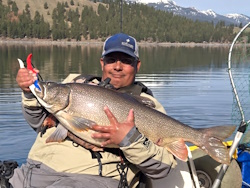|
by rogerdodger
[January 27, 2026, 10:01:41 AM]
by elstunar
[January 22, 2026, 04:53:00 PM]
by Drifter2007
[January 19, 2026, 10:31:33 PM]
by SD2OR
[January 19, 2026, 04:53:11 PM]
by elstunar
[January 18, 2026, 11:35:59 AM]
by jed
[January 15, 2026, 06:28:03 PM]
by BugBoy
[January 15, 2026, 03:52:25 PM]
by rogerdodger
[January 02, 2026, 07:24:34 PM]
by snopro
[December 31, 2025, 07:06:54 AM]
by Drifter2007
[December 16, 2025, 09:20:22 PM]
by Crabman
[December 14, 2025, 12:08:42 PM]
by alpalmer
[December 13, 2025, 09:52:11 AM]
by Mojo Jojo
[December 10, 2025, 06:32:21 PM]
by SD2OR
[December 07, 2025, 03:07:25 PM]
by SD2OR
[December 07, 2025, 10:07:13 AM]
 Guess who's back? jed with a spring Big Mack |


 Welcome, Guest. Please
Welcome, Guest. Please  January 30, 2026, 08:49:16 AM
January 30, 2026, 08:49:16 AM